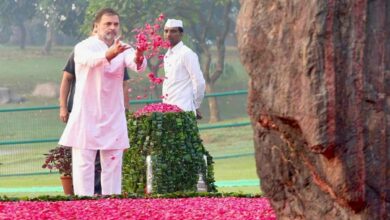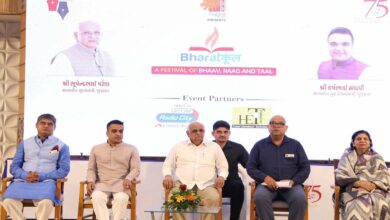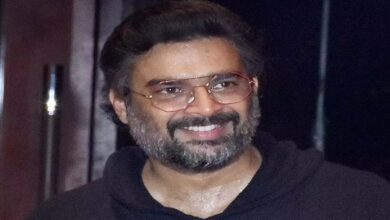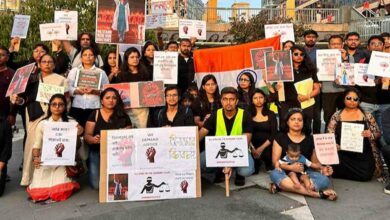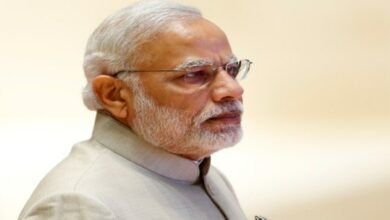India will hope to maintain this growing trend as the 2024 Paralympic Games begin with the opening ceremony in Paris
Opening Ceremony in Paris: India’s paralympic athletes won four medals in Rio 2016, two more than the able-bodied competitors. At the 2021 Summer Olympics in Tokyo, the total shot up to 19 medals. India will be hoping to maintain this increasing trend when the 2024 Paralympic Games get begin with the opening ceremony in Paris on Wednesday.
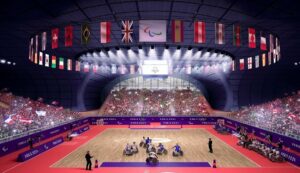
At locations where India won five medals earlier this month, there would be the largest-ever para-contingent of 84 competitors, raising hopes high. When it comes to estimating India’s medal total, double Olympian Devendra Jhajharia—who now serves as president of the Paralympic Committee of India—has a specific figure in mind.
“Our 84-person crew arrived here with a lot of excitement. After the group arrived at the Games village, Jhajharia, the head of the Paralympic Committee, declared in a video message, “We are going to create history in this tournament.”
“We’re going to take home more medals than any team in Paralympic history.” Whether it’s for badminton, archery, or athletics, we have outstanding preparation, which is why we consistently predict that we will place in the top 20 nations and win over 25 medals overall,” he said.
There are already a few Indian stars to look out for after their achievements in Tokyo. Prior to Paris gunman Manu Bhaker, there was shooter
Avani Lekhara in Tokyo, who took home many medals from a single Games edition.
Lekhara, who shoots from a wheelchair and was paralyzed from the waist down in an accident when she was 12 years old, became the first female Indian athlete to win a gold medal at the Paralympics when she triumphed in the 10m air rifle SH1. She then won a bronze thereafter. She is currently returning to participate in France, where she will be leading the shooting contingent.
India has a long history of success in sports. Twelve years separated Jhajharia’s two gold medals in the javelin, which he won before Neeraj Chopra’s historic Olympic victory in Tokyo. However, it may not take Sumit Antil that long to wait.
Growing up in the Sonipat area of Haryana’s Khewra village, Antil aspired to be a wrestler in the future. He also had the build for it, being tall, muscular, and possessing powerful shoulders. However, his left leg was severed after an accident in January 2015. When he first learned about paraathletics a few years later, he believed that the javelin throw would be his best option.
Antil began by tossing the spear 35 meters, but since then, he has repeatedly broken, if not completely destroyed, the men’s javelin world record (F64). Since gaining notoriety in Tokyo, Antil—a thrower with a prosthetic leg—has gained two golds from World Championships and one from the Asian Games. With a breathtaking javelin throw of 73.29 meters, the farthest by any para athlete across all classes, he won the final one.
Lekhara and Antil will be vying to retain their championships, but Sheetal Devi is a rising talent who gained notoriety before to her Paralympic debut. She was not familiar with a bow and arrow until she was fifteen years old, since she was born with phocomelia, a rare congenital condition that results in underdeveloped limbs.
At first, I was unable to even raise the bow correctly. However, after a few months of practice, it became easy, Devi said to The Indian Express after winning three gold in the previous year’s Asian Games. Since then, she has gained notoriety in the Indian sports world for her ability to shoot an arrow using her right leg, right shoulder, and right jaw.
Para badminton will also be highlighted. Indian shuttlers failed not place on the podium at the Paris Olympics earlier this month, their first such failure since London 2012. However, the para contingent is predicted to do better. In Tokyo, badminton had its Paralympic debut, with India taking home four medals total—two of which were gold. Despite the suspension of Pramod Bhagat, one of the gold medallists, for eighteen months for failing to report, the contingent is still full of potential.
We want to raise our contribution to eight to 10 medals this time, with six of them being gold. Our players are playing well, and I think they will succeed,” Badminton World Federation was informed by head coach of badminton Gaurav Khanna. “We must set goals for the outcomes, and I think we can do this.”
There won’t be a shortage of motivation over the next two weeks as these athletes—along with hundreds more—display their abilities in Paris in an attempt to sustain India’s upward medal trend from the last Paralympic Games.
